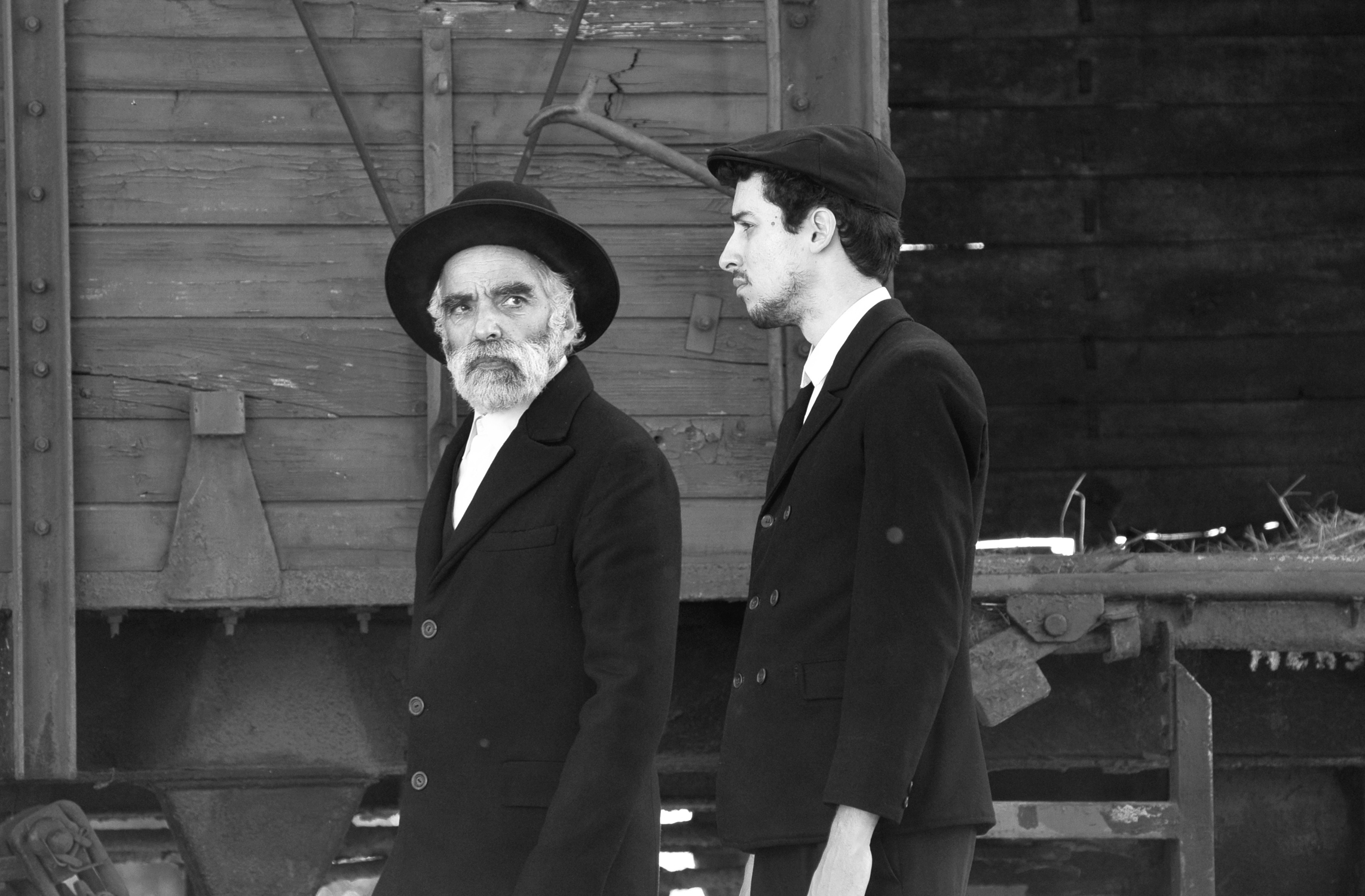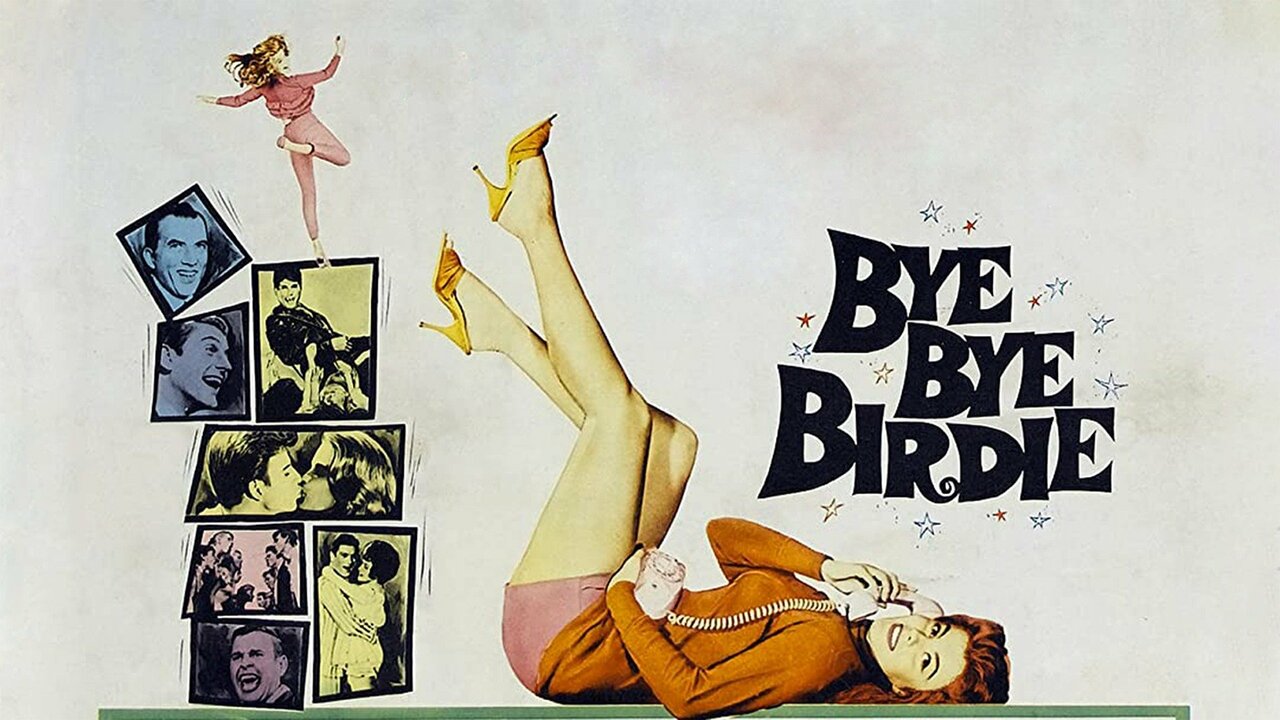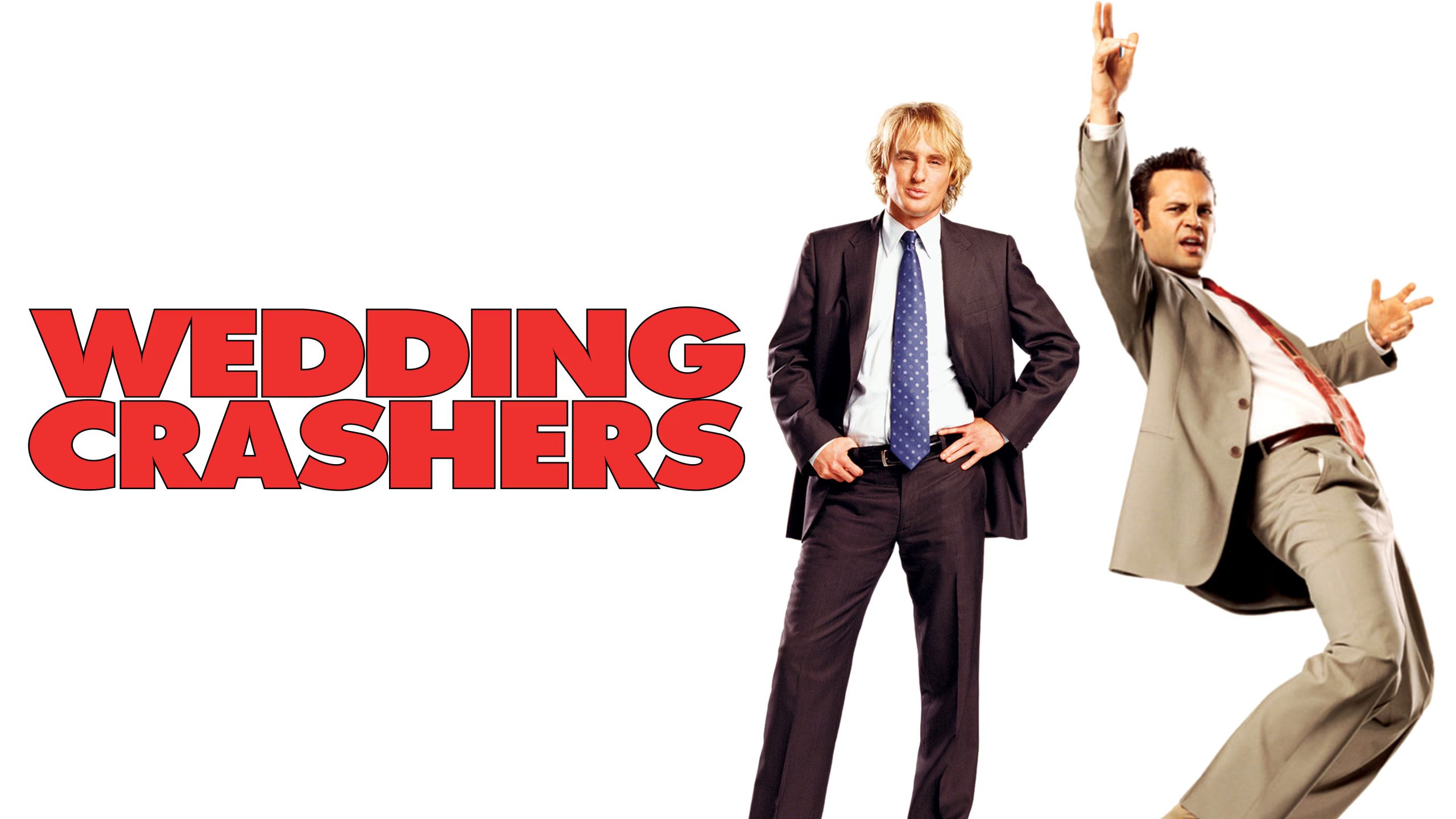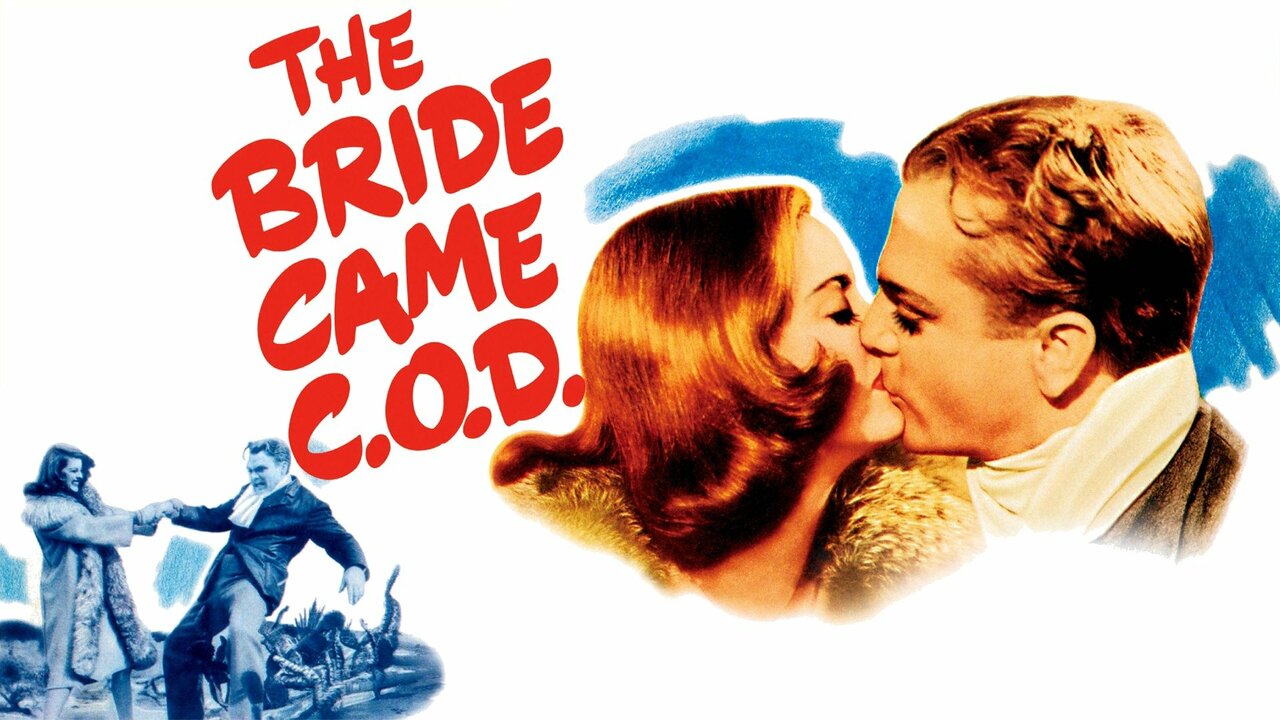
1945 can best be described as a film that examines what happens in a village when the Jews start coming back after the Holocaust.
Directed by Ferenc Török and based on the 2004 short story Homecoming by Gábor T. Szántó, the Hungarian film stars Péter Rudolf, Bence Tasnádi, Tamás Szabó Kimmel, Dóra Sztarenki, Ági Szirtes, József Szarvas, Eszter Nagy-Kálózy, Iván Angelus, Marcell Nagy, István Znamenák, and Sándor Terhes.
The return of two Orthodox men–Hermann Sámuel (Angelus) and his son (Nagy)–loom over a Hungarian village in the summer of 1945 as they return following the Holocaust. The villagers are getting ready for a wedding and they fear the worst. Could anybody blame them after what the Jewish people had just gone through?
Kisrózsi (Sztarenki), a peasant, is set to marry pharmacist Arpad (Tasnádi), son of the town’s clerk, István (Rudolf). This is after dumping ex-fiance Jancsi (Kimmel). Arpad’s mom, Anna (Nagy-Kálózy), fears that his son’s bride is a gold-digger and only interested in the money being made by the pharmacy.
The residents of the village have to do some soul-searching of their own even as they fear more Jews may be coming back after the war. The Jews had gone through deportations against their will. Did the residents do enough to save them or did they just sit by and let the Nazis take charge? How remorseful are they of their actions? What happened to the Jewish property and will the Jews want said property back? Who decided to do what? These are questions that have to be thought about.
The two Jewish men barely get any dialogue. Most of the time two of them are shown walking through the village after arriving on a train with boxes that are simply labeled “fragrances.” Are they really fragrances or are these Jewish artifacts that they want to return to their rightful places or give them a proper Jewish burial?
Tibor Szemző provides a musical score that is mournful and recalls the Jewish tunes of the day. The production design by László Rajk and Elemér Ragályi’s black and white cinematography also add to the film’s tonality. Black and white films aren’t an easy watch, especially ones that are subtitled, but this one is necessary because there aren’t many films exploring the immediate aftermath of the Holocaust. Most of the films are set during the war as opposed to taking place just after the war. This is one of very few films to look at life post-Holocaust in Hungary.
Distributed by Menemsha Films in the United States, 1945 will open in New York on November 1, 2017, and in Los Angeles on November 24, 2017. The film will screen during the Chicago International Film Festival this week on October 24-25, 2017 and during the upcoming St. Louis International Film Festival.





